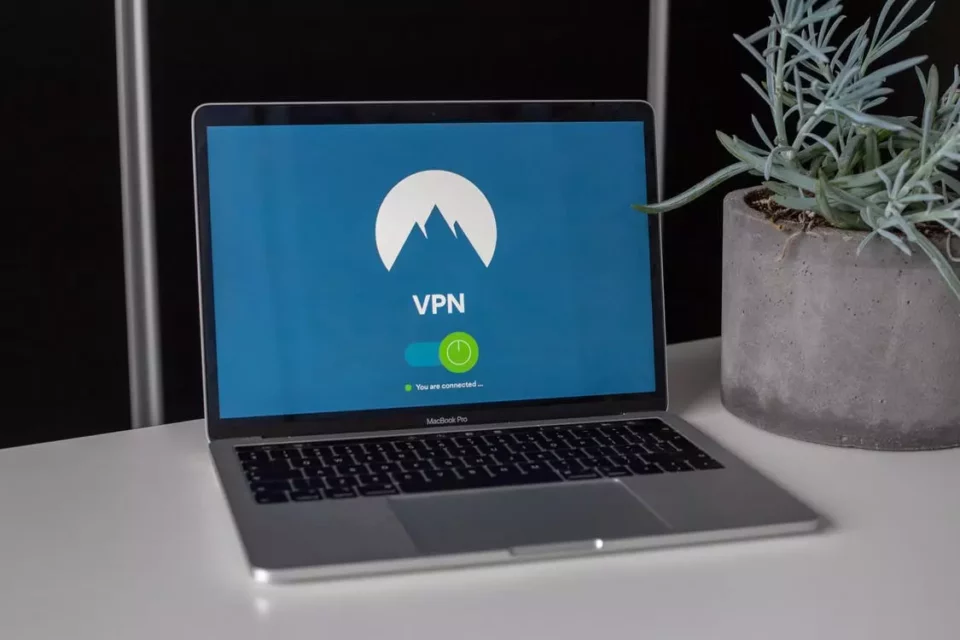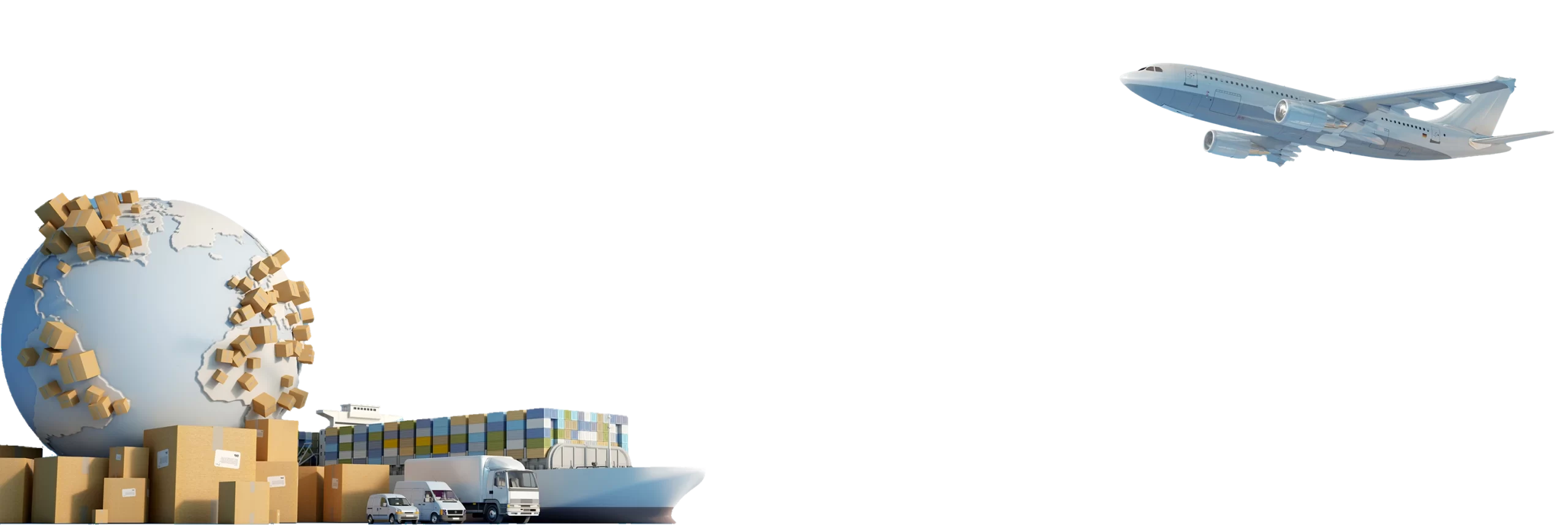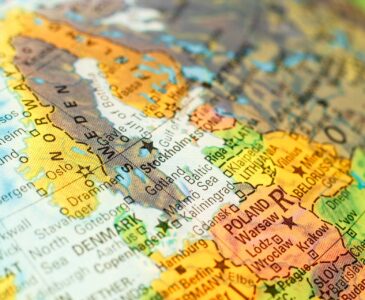If you’re thinking about moving to China from the US, know that each province in the People’s Republic offers a varied blend of Traditional Chinese culture and post-modern influence. Whether you are more interested in the northern part of the country and its unique world heritage sites or the bustling coastal metropolitan cities in the south, know that this country can truly be an expat’s paradise.

To cut some of the culture shock, learn about ways of payment, language, culture, and lifestyle beforehand. For instance, start looking into the language spoken in your target area as there are thousands of regional dialects. Your overseas relocation and living in China can be the worst or the best experience in your lifetime; it depends on the type of moving help you receive and how prepared you are for relocating to China.
Types of Visas – Be Aware of Rules and Regulations
Expect to jump through some hoops in the bureaucratic process of obtaining a Chinese visa. Whatever your reasons may be for going across the ocean and living overseas, you’re gonna need all the documents needed to travel abroad. Then, depending on the bearer’s rights in the country, Chinese visas fall into four categories: diplomatic visa, courtesy visa, service visa, and ordinary visa. A diplomatic or service permit is issued to a passport holder traveling to China on official accounts. People traveling on private purposes or other eligible reasons qualify for courtesy visas.
Other foreign nationals visiting China generally need to acquire an ordinary visa consisting of several types, and all are marked with following phonetic letters: L, F, M, Z, X1, X2, C, J1, and J2.
Here is a quick checklist of needed documents regardless of the type of visa you opt for:
- Passport
- Application form
- Recent photo
- Documents showing the itinerary including proof of round trip tickets booking
- Other supporting documents like proof of legal stay

What I Need To Know About Moving To China? – Start Learning Fast
From the requirements for moving to a different culture and commute options, you should start learning fast. This country is packed with deep traditional roots, cultural and geographical diversity, and interesting people that make it one of the most sought-after destinations to live as an expat. Here is some practical-knowledge guide on living in the Land of the Dragon.
Healthcare and Health Insurance for Expats
It is highly recommended to buy foreign medical care and insurance before your arrival. Ultimately, the choice of the type of healthcare and medical insurance is up to you. But you should bear in mind that you may not qualify for public health care as the system varies by region. Additionally, you have the option of so-called VIP wards in major cities with reasonably up-to-date medical technology and relatively skilled physicians who typically speak English. Keep in mind that rural clinics are often reluctant regarding the responsibility for medical care for foreigners.
Finding an Apartment in China
Apartment hunting can be challenging, but you can make your search easier by turning to plentiful apartment rentals websites in China. Start your search by determining factors like location, budget, or apartment quality. The easiest way to go through your relocation is to find a local agency to find the home where you’re going to live upon your arrival. However, if you wish to avoid agency fees and prefer scrolling through online apartment listings – try websites like 58.com, china.sublet.com, or expat.com to find the one home for you.

Think About Your Commute
If you are shipping your car overseas and plan to be a driver, you should keep in mind that driving in China will not come easily. You will not be allowed to drive using a foreign license, but apply to a temporary driving permit. Still, this practical piece of advice is useful to both drivers and other passengers struggling with commuting in Chinese cities – you want your home to be near your workplace. An average one-way commute is about 52 minutes, and at all times, the subway system is insanely crowded. To avoid the grueling experience of commuting in cities of China, make sure to live nearby.
Research Chinese Banking Options
Bear in mind that, upon your arrival, you’ll soon realize WeChat is your life. Besides being the number one text messaging app, WeChat has a social media element and another significant feature – WeChat Wallet. You can use it to set up your bank card and transfer money with just a text message or use a QR code to pay.
Start Learning the Language
The first month or two, just focus on listening. Get used to the sounds and try reading using a phonetic writing system to understand the language, and the new sounds better. You will eventually need to learn the characters, but it is crucial to have some sense of the words you hear first. Take advantage of many audiobooks and lessons online available in English, as a fun and effective way to boost your learning and be able to learn on the go. That’s not to say that breaking the language barrier will be easy, but it’ll be at least a bit easier-ish.

Tips For a Cost-Effective Expat Living in China
The cost of living in the Far East is substantially cheaper than what you imagine, and reaching the goal of cost-effective expat living is not impossible. For instance, you can expect rentals in outlying suburbs to come at less than $1,000 per month.
Here are some tips for cost-effective living solutions for expats in China:
- Consider Qingdao, Suzhou, Chongqing, Dalian, and Kummint as your expatriate destinations as a rent for a three-bedroom condominium costs less than $2,486 on average
- In one of these suburbs, you can find locally grown fruits and vegetables in open-air produce markets where you can eat well on less than $200 a month
- When it comes to transportation in big cities, know that metropolitan cities operate light-rail train systems where a one-way ride on public transits costs about 30 cents
- Pay a little more for good dining experience – but do it less often

Our Chinese Food Is Not Even Close
What we consider to be the authentic Chinese food is much like international hamburger chain food that is usually tailored to locals, quite bland, and without much nutritional value. You’ll realize it as soon as you relocate and start exploring your new neighborhood – the Chinese have their own philosophy about food. They carefully select different types of foodstuff, exotic and sometimes strange to Western culture. Make sure to learn about the most popular food destinations and savor local Chinese cuisine in each city.

Don’t Wait Until You Get To Your Apartment To Buy a VPN
People usually forget all about their access to the internet when preparing for a move to China. It is essential to find the best VPN service that serves the expat market and can out-maneuver Chinese censorship. To remain connected with your friends and family, don’t wait until you move to your new home to start thinking about your internet connection.

Is It Safe To Move To China?
Many expats find living in China to be much safer than in cities like London or New York. You must’ve heard about pickpocketing and petty thefts, but the crime rates for foreigners seem to be particularly low in the last decade. In that regard, moving across the world to China is definitely worth the effort.
Additionally, you are never far from local authority in case of any issues as there are high police and CCTV presence in all major cities. Never be afraid, but always be informed, aware, and prepared














